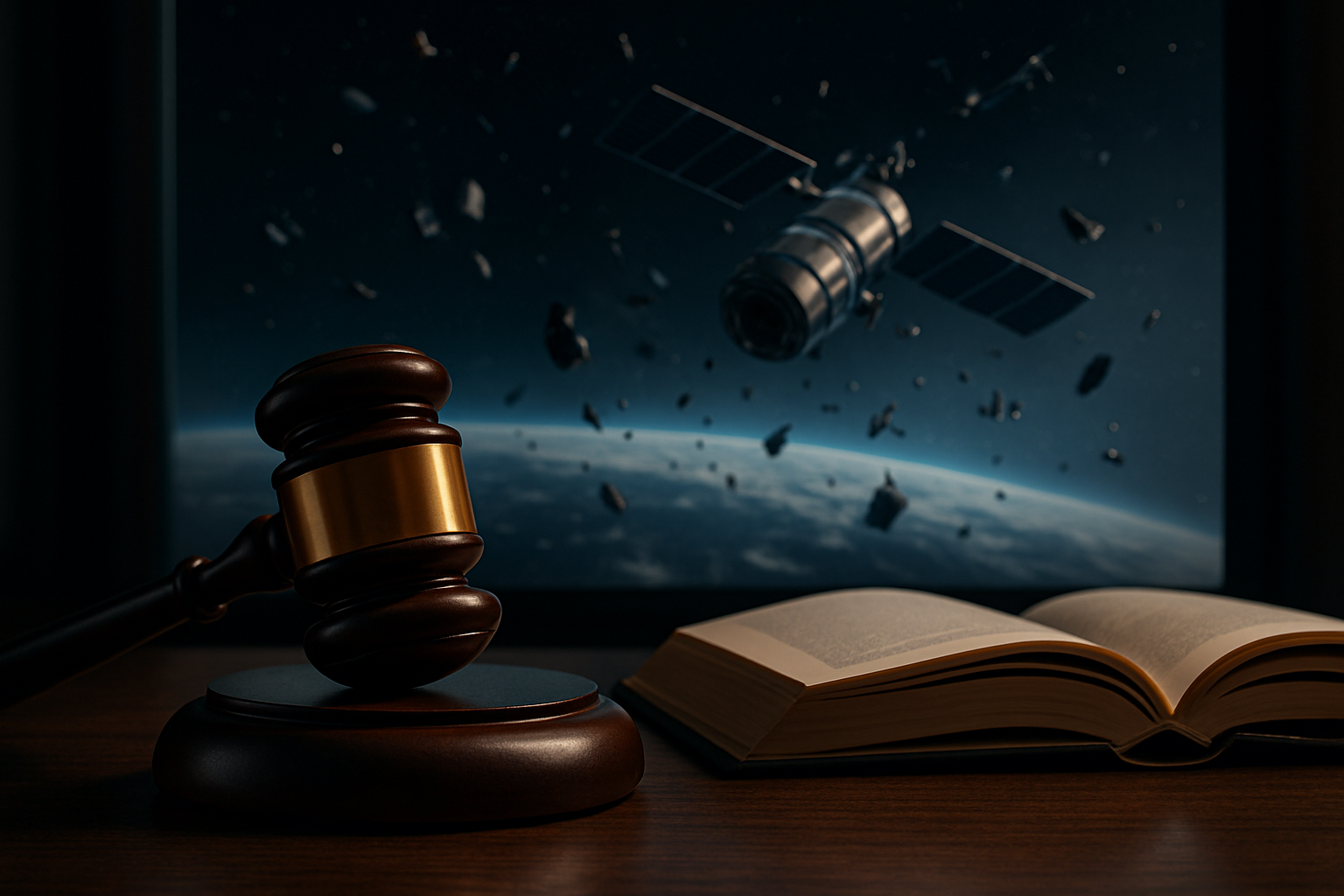Navigating the Legal Complexities of Space Tourism
Space tourism is no longer a distant dream but a burgeoning reality, bringing with it a host of unprecedented legal challenges. As private companies venture into the final frontier, lawmakers and legal experts are grappling with questions that were once relegated to science fiction. This article explores the evolving legal landscape of space tourism, examining the current frameworks, potential pitfalls, and the critical need for comprehensive regulations in this exciting new industry.

The Current Legal Landscape
Space law is primarily governed by international treaties, most notably the Outer Space Treaty of 1967. This treaty, ratified by over 100 countries, establishes basic principles for space exploration and use. However, it was created in an era when space activities were exclusively conducted by national governments, not private enterprises. As a result, the treaty lacks specific provisions for commercial space activities, including tourism.
Regulatory Challenges in Space Tourism
One of the most pressing issues in space tourism law is the question of liability. In the event of an accident or incident during a space tourism flight, who bears responsibility? The current legal framework is unclear on this point, leaving potential gaps that could lead to complex legal battles. Additionally, there are concerns about environmental impacts, space debris, and the potential for conflicts with scientific or military space operations.
Jurisdiction in the Final Frontier
Another significant challenge is determining jurisdiction in space. Traditional concepts of territorial sovereignty do not apply beyond Earth’s atmosphere, raising questions about which laws govern activities in space. This becomes particularly complex when considering potential disputes between passengers, crew members, or even between different space tourism companies operating in orbit.
The Need for International Cooperation
As space tourism becomes more prevalent, there is a growing recognition of the need for international cooperation in developing comprehensive legal frameworks. Some experts argue for the creation of a new international body specifically tasked with regulating commercial space activities, while others advocate for expanding the mandate of existing organizations like the United Nations Office for Outer Space Affairs.
Ethical and Safety Considerations
Beyond the purely legal aspects, space tourism also raises important ethical and safety considerations. How can we ensure the safety of civilian space travelers? What qualifications should be required for space tourists? These questions intersect with legal concerns, as regulators must balance the promotion of innovation with the protection of human life and well-being.
The Role of Domestic Law
While international treaties provide the broad strokes of space law, individual countries are also developing their own regulatory frameworks for commercial space activities. In the United States, for example, the Federal Aviation Administration’s Office of Commercial Space Transportation is responsible for regulating private space flights. However, these domestic laws must be carefully crafted to align with international obligations and the unique challenges of space travel.
Intellectual Property in Space
As commercial activities in space increase, questions of intellectual property rights are also coming to the fore. Patents, trademarks, and copyrights take on new dimensions when applied to innovations and creations in space. Legal experts are debating how existing IP laws can be adapted or whether new frameworks are needed to protect and encourage innovation in this new frontier.
Future Prospects and Challenges
As we look to the future, it’s clear that the legal landscape of space tourism will continue to evolve rapidly. The industry’s growth may outpace regulatory efforts, potentially leading to legal grey areas that could hinder development or pose risks to participants. Proactive legal and policy measures will be crucial to ensure that space tourism can flourish while adhering to principles of safety, sustainability, and international cooperation.
In conclusion, the advent of space tourism presents a fascinating and complex set of legal challenges. As we stand on the brink of a new era in human spaceflight, it is imperative that legal frameworks evolve to meet the unique demands of this industry. The coming years will likely see significant developments in space law, shaping the future of commercial space travel and potentially paving the way for broader human expansion into the cosmos.






